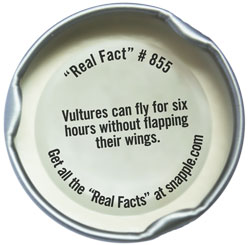What content choices have you made lately? Visitors to an online site see the final presentation. Before the first pair of eyes sees your content, strategic decisions were made to make it effective and engaging.
Do your prospects prefer data or information?
Data is raw material, just the facts. ThomasNet.com provides current product data for manufacturers. This is the online reinvention of the venerable Thomas Register. The site delivers a simple way to navigate products and vendors. Their microsite, Promote Your Business, offers advice on content marketing. This page and their downloadable white papers are informational. They’ve processed the data, organized it, and provided context.
Is the content easily digestible?
Usability expert Ginny Redish says good web writing let’s people “grab and go.” She suggests presenting information in pieces for different users, different topics and different needs to help visitors grab what they need and move on to what’s next.
Is it customer centered?
More and more web content is replacing the word “we” with “you”. Rather than “We provide such and such services …” it reads, “Learn how you can ….”
Do you offer variety?
 Consider Snapple Tea’s Real Facts. In the space of a bottle cap, the company has included data (Real Fact #), information (the fact itself) and a call to action (Get all the “Real Facts” at Snapple.com).
Consider Snapple Tea’s Real Facts. In the space of a bottle cap, the company has included data (Real Fact #), information (the fact itself) and a call to action (Get all the “Real Facts” at Snapple.com).
The company says Real Facts offers consumers a “chance discovery and momentary amusement.” Those amused can go to the Snapple website and see all the retired Facts. There is an enthusiastic Facebook Page for cap collectors and a company twitter feed that rewards followers with virtual caps for spreading the word. You can even get Real Facts sent to your phone.
Your content menu will continue growing as you think of new possibilities.
